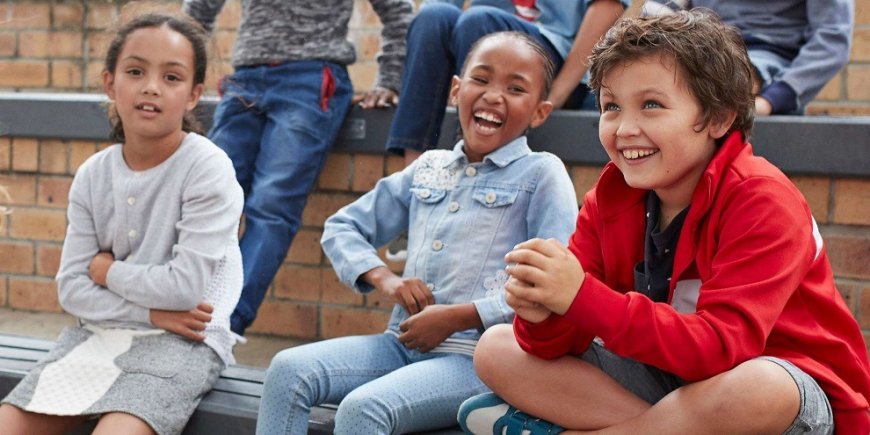Competition vs Collaboration: what to choose?
Why is team spirit important? What motivates children to learn better - competition or cooperation? This exercise teaches informal chat.

It is worth remembering that children, especially junior high school students, are extremely sensitive to assessment.
Why is team spirit important? What motivates children to learn better - competition or cooperation? What skills development should children prefer?
Which is more effective for training - competition or team
Interesting fact:
From any information heard, everyone learns about 20%. In addition, each of the groups, hearing the same information, perceives them in their way. Cooperation allows you to make, like a puzzle, a holistic picture of the perception of anything. And by exchanging ideas, everyone gets deeper knowledge of the subject.
Competition is based on competition or cooperation. However, it can both encourage and demotivate learning.
It is worth remembering that children, especially junior high school students, are extremely sensitive to assessment. Too often, they do not separate the evaluation of their achievements from the evaluation of their personality. That is why it is so important, each time giving feedback on any task, to speak as clearly and concretely as possible, both about the weaknesses and strengths of the work done. Only in this case will children normally accept both criticism and competition.
How to change focus in competition
Competition must be motivating, only then it is effective for learning. An example of such competition is the desire to improve their skills in anything (to be no worse than someone or to be better than yesterday).
Usually, children are willing to compete, but sometimes they are demotivated. There can be several reasons:
- self-doubt;
- demotivating environment;
- the habit that such tasks do not work;
- understanding the gap between one's skills and the skills of the opponent and more.
To motivate students, explain that, above all, the best competition is with yourself. Help change the focus of competition primarily to improve your results.
Being in the team, students also constantly compete with each other - for the best grades, for attention, and more. The main thing is to form a motivational competition.
Advantages of motivational competition:
- information collection: selection criteria, own level of compliance with these criteria, level of other participants;
- emotion control;
- analysis of own strengths and weaknesses;
- analysis of the advantages and tricks of rivals, making them stronger;
- mastering new skills;
- understanding that every attempt is a step to success.
Competition and cooperation are two different tools, each of which must be used to teach students.
Team games for adjusting the psychological atmosphere in the team
The game is one of the most effective tools for developing different models of interaction in the team.
Game "champions"
This game will allow students to learn something new about each other, find common interests and learn to focus on the best features of their teammates.
Principle of the game:
Pair students. Invite them to learn about their teammate's preferences in 5-7 minutes and present them to the class.
This exercise teaches informal communication, emphasizing each other's best features and understanding that each individual in the team, no matter how successful they are in learning, is in some ways the best of all.
Six hats game
This game allows students to work together to consider a situation from different angles, as well as each student to express himself following the assigned role.
Principle of the game:
Divide students into teams of 3-5 students. Give each team a hat of a certain color (1 of 6). Suggest any thesis for discussion. Match the time to work within the team and the time to present each team.
Survival island survival game
Invite students to imagine a situation: they traveled to class on a ship, but it sank, now they need to survive on a desert island.
Principle of the game:
Divide the students into teams and ask each of them to come up with ideas for survival on a specific topic (for example, how to build a hut; where to find food; how to make a boat to get home, etc.).
This game allows you to learn to communicate with each other to achieve a common goal.
Common history game
This game is an opportunity for everyone to show creative thinking and influence the plot of joint creation.
Principle of the game:
Put the students in a circle and ask them to write a story together. Everyone has to write only one sentence and pass the sheet to a neighbor. Mandatory condition - each subsequent sentence must logically correspond to the plot created by previous participants.
